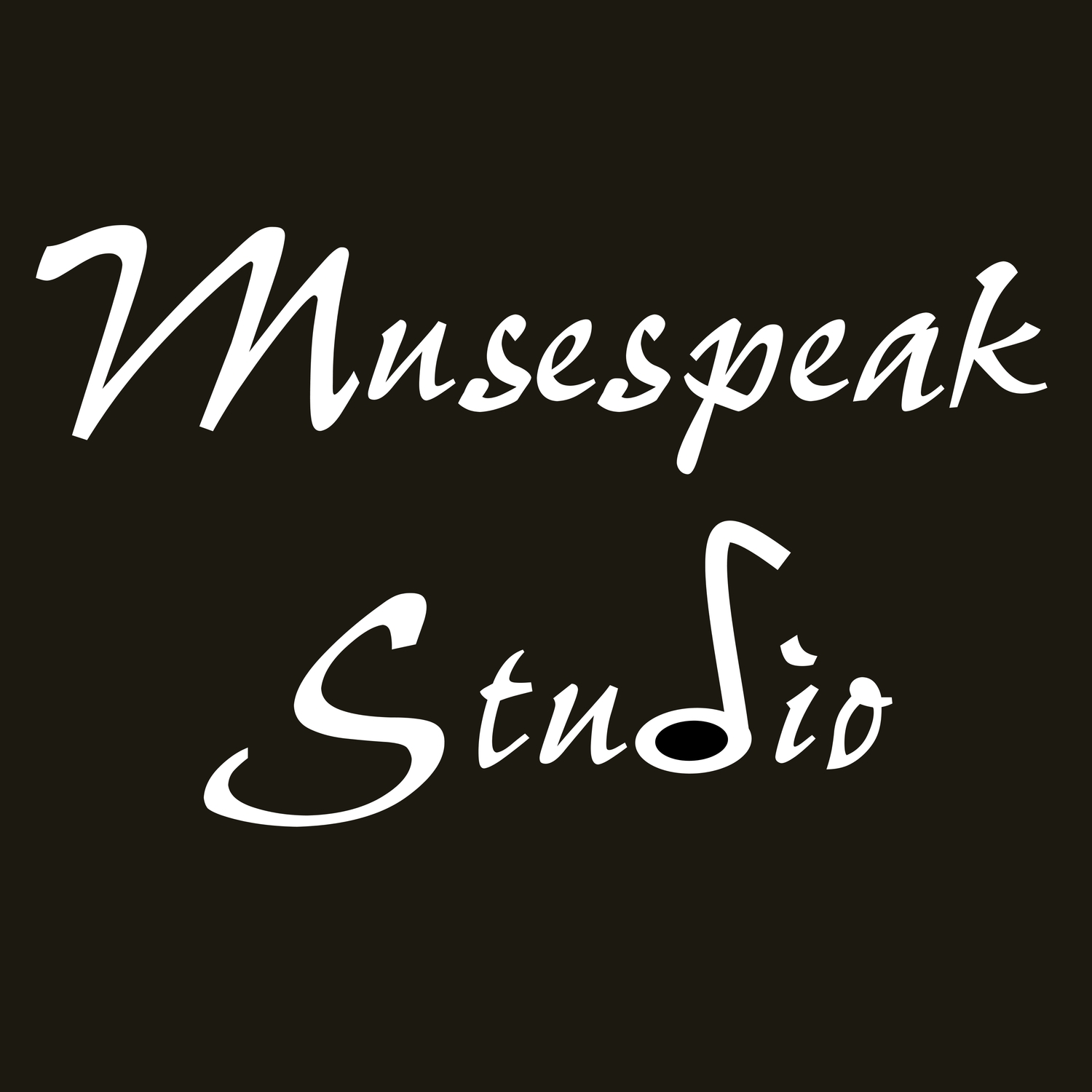After approximately 10 years, I retired Maestro’s Top Dogs. Here is what I came up with:
20 & 40 Piece Challenge
This challenge encourages us to explore different types of music and at a variety of levels. This forms your “Set List” of go-to pieces that are ready to perform for family, friends, and the community.
How it works:
Pieces need to be at least 16 bars long (8 bars for beginning students).
Pieces can be
Challenging (a little bit above your playing playing level)
At your current playing level
Easier, fun to learn pieces
Try out pieces of differing musical styles.
Pieces can be assigned ones or pieces that you choose and start on your own.
A piece will be added to your 20 & 40 Piece Challenge List when it’s performable. That means that you can play through the piece at a steady tempo, with mostly correct notes, fingering and rhythm - with some musical expression.
Rewards:
20 pieces: 4 Cake Pops baked by Ms. Rhona-Mae
40 pieces: $10 gift card (choice of Amazon, Starbucks, Xbox, Roblox, Nintendo, App Store or Google Play) OR 8 Cake Pops baked by Ms. Rhona-Mae
20 Piece Challenge & 40 Piece Challenge Badges for your Badge Card
Your name on the Challenge Board
Technique Wizards Challenge
These year-round challenges are geared towards leveling up your technical skills to build the chops needed to tackle your pieces more easily. Earn badges when you complete all scales, chords or arpeggios in a level, played at a steady tempo, with correct notes and fingering.
Scale Zen Master Challenge
How it works:
To clear a scale, it must be performed at a steady tempo, with correct notes and fingering. Once cleared, you may mark the corresponding key on your Technique Wizard Progress Card.
You may perform your challenge scales at your lesson or send a video of you performing to your teacher.
No skipping levels allowed. However, Intermediate & Advanced students may start the challenge at Scale Apprentice.
Chord Zen Master Challenge
How it works:
To clear a chord, it must be performed at a steady tempo, with correct notes and fingering. Once cleared, you may colour it or mark the corresponding key on your Technique Wizard Progress Card.
You can choose how far you would like to progress in the challenge. Obviously, the further you get, the more rewards you get.
You may perform your challenge chords at your lesson or send a video of you performing to your teacher.
Arpeggios Zen Maste Challenge
How it works:
To clear an arpeggio, it must be performed at a steady tempo, with correct notes and fingering. Once cleared, you may colour it or mark the corresponding key on your Technique Wizard Progress Card.
You can choose how far you would like to progress in the challenge. Obviously, the further you get, the more rewards you get.
You may perform your challenge arpeggios at your lesson or send a video of you performing to your teacher.
60 Second Mini Challenge
This mini-challenge will run for 4 weeks.
How it works:
We’re looking for perfect scores, using Note Rush or Poco A Poco’s Read Music app. Alternatively, you may use any other note-naming app.
You may work on the challenges during your lesson or send a screenshot of your score to your teacher if you complete the challenges at home.
Additional Challenges to Come
Some of the other challenges include a sight-reading one, a transposition one, a practice goals one, and an ear-training challenge. These are still in the planning phases.
Visit Nicola Cantan’s blog to get the badges, posters, and more teaching ideas.
All the materials pertaining to this year’s challenges will be made available on the Studio’s Ko-Fi page at a later date.




